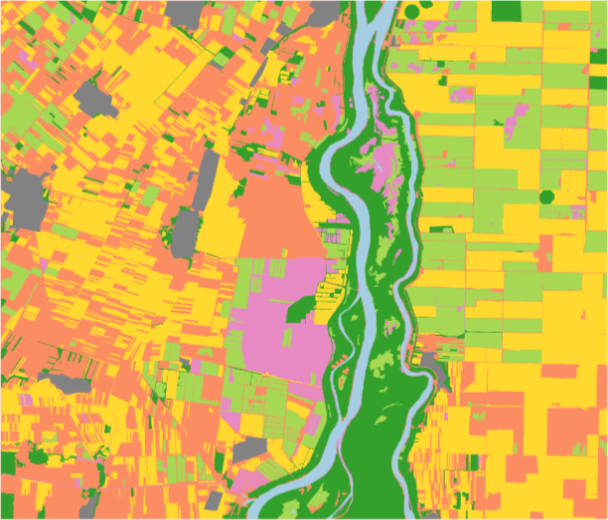The course Principles of Remote Sensing introduces remote sensing (RS) as a technique for acquiring different types of geospatial information.
The course will equip the participant with conceptual and practical knowledge of remote sensing and corresponding skills to extract information from remote sensing data in an application context (for this MSc course the NRM context). The course is useful for both the novice to remote sensing and the one experienced in some aspects but missing the complete overview of the state-of-the art and/or the conceptual foundation.


